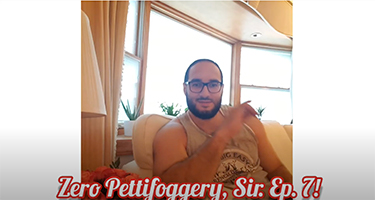deraneyesq — 7 years ago
August 29th, 2018 – Update on Cannabis Decriminalization in the State of New Jersey
On August 29th, 2018,Gurbir S. Grewal, Attorney General of the State of New Jersey, issued a Memorandum entitled, “Guidance Regarding Municipal Prosecutors’ Discretion in Prosecuting Marijuana and Other Criminal Offenses.”
The Memorandum is divided up into three parts: (1.) addressing whether a municipal prosecutor may adopt a policy or practice of “decriminalization” under which the prosecutor and/or his subordinates categorically will not pursue convictions for statutory offenses related to marijuana, (2.) addressing permissible exercises of prosecutorial discretion by municipal prosecutors at different points in the course of a prosecution, (3.) addressing the Legislature and its deliberations on potential Cannabis Decriminalization in the State of New Jersey.
First, a Municipal Prosecutor may not adopt a categorical policy of practice of refusing to seek convictions for statutory offenses related to marijuana. Municipal Prosecutors have discretion in carrying out their duties of the office, however, it is limited by the County Prosecutor, and the Attorney General if necessary. However, like the County Prosecutor and Attorney General oversight, the State of New Jersey has yet to decriminalize Cannabis. In that respect, a local government or municipality may not do so in which may violate the State’s criminal code.
Second, Municipal Prosecutors must exercise prosecutorial discretion on a case-by-case basis, considering the facts and applicable law as current including the Supreme Court’s guidelines to Part VII of the Rules which restricts plea agreements involving certain drug-related offenses. The municipal prosecutor does not have the discretion to decide which cases will be initiated and the Court must accept for filing of every complaint made by every person. The remainder of the Memorandum outlines the Municipal Prosecutor’s discretion within plea agreements, amendments, dismissals, sentencing, diversion programs, and community court.
Lastly, the Attorney General makes clear that the following Memorandum is not to effect the Legislature. The AG writes, “The Legislature is considering changes to how marijuana is treated under the state law – including changes that may significantly reduce the number of low-level marijuana cases prosecuted in municipal court. Although legislation may soon make this Memorandum unnecessary or require its amendment, nothing in this Memorandum is intended to reflect upon the Legislature’s ongoing deliberations.” More Info Here.






